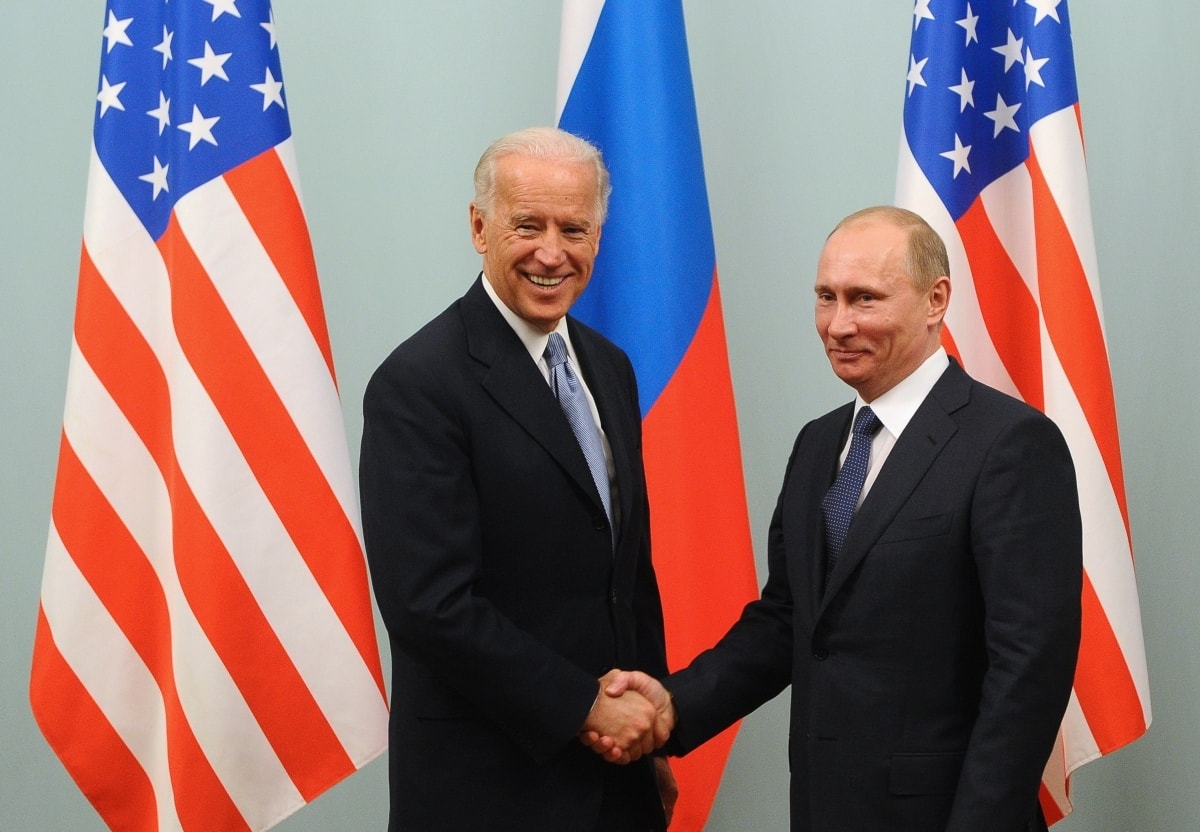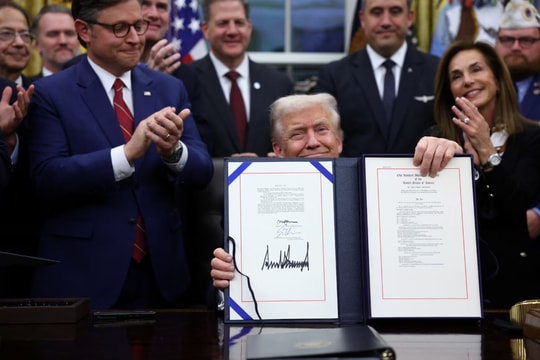Foreign challenges make the newly elected US President 'hesitant'
Biden intends to extend the New START treaty while still seeking to punish Moscow for cyberattacks. He also plans to bring the US back into the nuclear deal but also wants to limit Iran's missile program.
The new administration of President-elect Joe Biden will move quickly to restore negotiations on a key nuclear arms treaty with Russia, but will still seek to hold the Russian president to account for cyberattacks on US government networks that Washington accuses Moscow of carrying out.

In an interview with CNN, Jake Sullivan, President-elect Biden's pick to be national security adviser in the incoming administration, also said that once Iran returns to compliance with the Iran nuclear deal – which he helped negotiate under President Barack Obama – there will be a follow-up negotiation on the country's missile capabilities.
“In that broad negotiation, we could secure restrictions on Iran’s ballistic missile technology. That’s what we intend to pursue through diplomacy,” Mr. Sullivan said.
Mr. Sullivan did not mention that the missile issue was not covered in the previous nuclear deal because Iran refused to commit to limiting its missile development and testing. To narrow the gap, the United Nations passed a resolution calling on Iran to restrain its missile development, while Tehran said the resolution was non-binding and ignored it.
New START extension - a test in the first days of his reign
Mr. Sullivan's statements show that the new administration in the US will quickly resolve two complex arms control issues, even though Mr. Biden also has to find ways to deal with the Covid-19 pandemic and the economic shock caused by this pandemic at home.
The first issue, however, is extending the New START Treaty, which will be more complicated because Mr. Biden has vowed to hold Russia to account for its cyberattacks on more than 250 U.S. government and private networks.
Mr. Biden said that, after the authorities officially confirm who is responsible for the attack, “the United States will respond, probably respond proportionately.”
That means the US will continue to sanction Russia while ensuring the New START treaty does not collapse and lead to a new arms race.
Mr. Sullivan also said that arms control is one of the few areas where Russia and the new U.S. administration can cooperate. Extending the treaty, which does not require Senate approval, will be the first test of whether such cooperation is feasible.
President Donald Trump, who has withdrawn the United States from several other treaties with Russia over the past four years, initially insisted that China must also be a party to the deal or the United States would not renew it when it expires on February 5.
Mr. Trump later dropped the request. However, in the weeks leading up to the 2020 presidential election, talks on extending the agreement “lost momentum,” possibly due to new demands from the U.S. side or because the Russian side perceived that Mr. Trump was likely to lose the election.
“We will have to find a way to extend the treaty in the interests of the United States,” Mr. Sullivan said.
Transition team officials said there have been no discussions between Biden representatives and Russia about the treaty.
Conversations 4 years ago betweenRussian Ambassador to the United Statesand Mr. Michael Flynn – Mr. Trump's first national security adviser – led to investigations into his government's dealings with Russia.
Mr. Biden's team said they were very cautious and avoided contacting foreign officials on any important issues until noon on January 20 - the time Mr. Biden was sworn in and officially became the 46th President of the United States.
The US wants to return to the nuclear deal, will Iran accept?
The idea of a separate deal with Iran on missiles is not new, but the Trump administration has made no moves on the issue since withdrawing the US from the nuclear deal in mid-2018.
In a May 2020 article in Foreign Policy, Mr. Sullivan and Mr. Daniel Benaim, who served as Joe Biden’s Middle East adviser when he was Vice President, argued that the United States under a new president “would immediately re-establish diplomatic channels on the nuclear issue with Iran and salvage the 2015 deal for as long as possible.” The US would then work with its allies and Iran to “negotiate a follow-up agreement.”
Any attempt to revive the Iran nuclear deal would certainly be controversial with Republicans, who see Biden as having signed a bad deal that is bad for America. But the Iran nuclear deal is an executive agreement. President Trump canceled it with an executive order, and restoring it could be done with an executive order.
The key question is whether Iran is willing to return to the old deal. In Iran, many believe the US never intended to give Tehran economic benefits. Meanwhile, Iran is also preparing for a presidential election, in which the head of the IRGC Air Force, a hardliner against the US, is one of the leading candidates.
Returning to the restrictions of the existing deal, without receiving any “compensation” from the US for Mr Trump’s decision to reimpose sanctions, would likely be politically impossible before Iran’s elections.
When asked why the 2015 agreement did not help ease tensions and createnew cooperation with IranMr. Sullivan dismissed the idea that the Obama administration had expected too much beyond curbing Iran's nuclear program.
But it was Mr Obama's bet in 2015 that if the nuclear issue was no longer on the table and Iran had a new leader, a broader deal could be reached.
“Obviously, that didn't happen,” Mr. Sullivan said.









